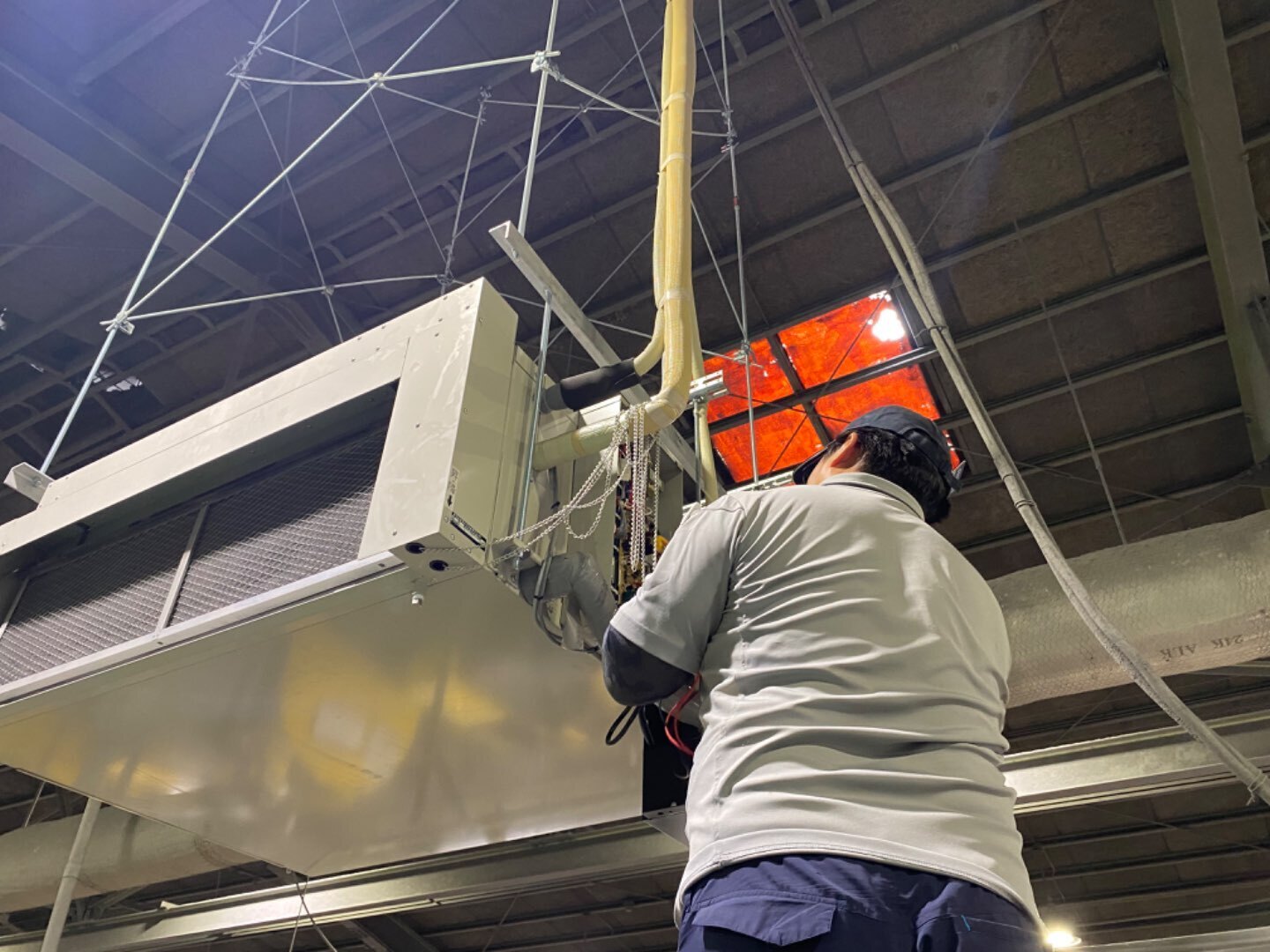Top Emerging Technologies Every Engineer Should Know
페이지 정보
작성자 Amie 댓글 0건 조회 3회 작성일 25-10-18 02:54본문
Modern engineers are driving the next wave of breakthroughs—and keeping up with new tech is a necessity. The rate of technological evolution is intensifying, and understanding these developments can help engineers design better systems, improve efficiency, and remain competitive in their fields.

One of the most impactful technologies is artificial intelligence and machine learning. They are now foundational tools. They underpin systems like condition-based monitoring and intelligent mobility platforms. Professionals should grasp model training, performance evaluation, and seamless AI integration, regardless of their data science background.
The rise of quantum systems demands attention. Currently in developmental phases, they may unlock solutions to problems impossible for today’s supercomputers. Professionals in these domains must begin mastering core concepts, as quantum techniques will reshape simulation methods and encryption standards.
By moving computing to the edge, latency is dramatically reduced. It enables faster responses, enhances operational agility, and cuts network congestion. Professionals deploying sensors, automated systems, or wireless networks, mastering edge patterns is now equally vital to cloud expertise.
5G and beyond are enabling faster, more reliable connectivity. It extends far beyond mobile devices. It powers connected infrastructure, telesurgery, and factory robotics. Professionals must understand dynamic spectrum allocation, ultra-low delay protocols, and high-density device support, to fully exploit the potential of next-gen networks.
Sustainable technologies are also rising in priority. Spanning renewable fuel synthesis, solid-state batteries, and engineered absorption materials, they play a pivotal role in creating eco-conscious systems. Professionals must master sustainability metrics, 派遣 物流 energy optimization, and resource recycling frameworks.
3D printing has evolved from concept modeling to production-grade use. It’s now used for end use parts in aerospace, medical implants, and custom tooling. Engineers should be familiar with design for additive manufacturing, material properties in printed parts, and post processing techniques.
Digital twins are transforming asset lifecycle management. A digital twin mirrors real-world systems to enable predictive analytics and operational refinement. From power plants to urban infrastructure, professionals must master model calibration, data synchronization, and continuous update protocols.
These technologies are not isolated. They often overlap and reinforce each other. An engineer who understands AI, edge computing, and 5G together can design a far more powerful system than one who only understands them separately. Cultivate curiosity, prioritize continuous education, and test ideas relentlessly. Adaptability defines leadership—and engineers are the architects of tomorrow’s world.
댓글목록
등록된 댓글이 없습니다.





 전체상품검색
전체상품검색




